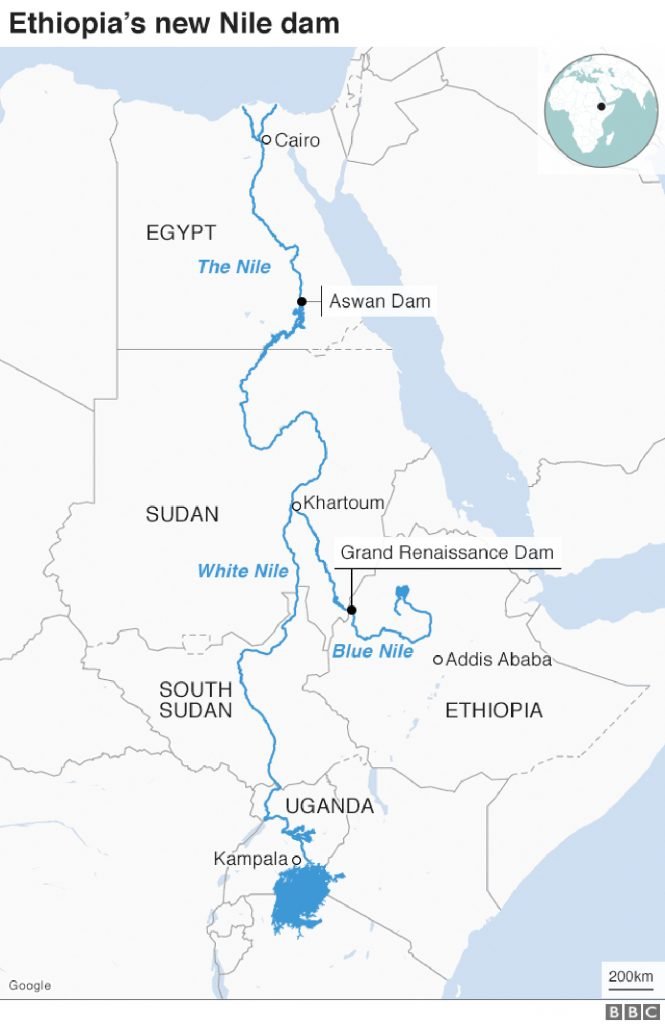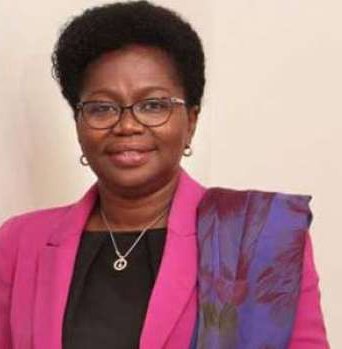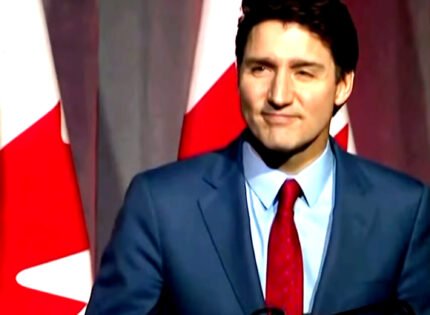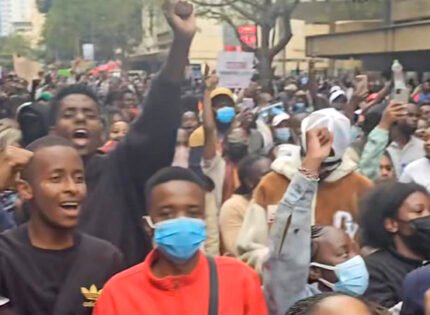

Egypt’s President Abdel Fattah al-Sisi and Kenya’s Uhuru Kenyatta held talks on the standoff over the Grand Ethiopian Renaissance Dam (Gerd), according to Egyptian officials.
The two leaders met in Egypt’s capital, Cairo, in early October as President Kenyatta returned home from France.
A brief from Egypt’s spokesperson said: “The meeting touched on the latest regional developments of mutual interest, especially concerning the issue of the Renaissance Dam, as it was agreed to intensify coordination between the two countries during the coming period on this sensitive and vital issue”.
Recently, the tensions among Egypt, Sudan, and Ethiopia over the Grand Ethiopian Renaissance Dam (GERD) on the Blue Nile have escalated, particularly after Ethiopia announced that it had started filling the GERD’s reservoir, an action contrary to Egypt’s mandate that the dam not be filled without a legally binding agreement over the equitable allocation of the Nile’s waters. Egypt has also escalated its call to the international community to get involved. Already, the United States has threatened to withhold development aid to Ethiopia if the conflict is not resolved and an agreement reached.
The dispute over the GERD is part of a long-standing feud between Egypt and Sudan—the downstream states—on the one hand, and Ethiopia and the upstream riparians on the other over access to the Nile’s waters, which are considered a lifeline for millions of people living in Egypt and Sudan. Despite the intense disagreements, though, Ethiopia continues to move forward with the dam, arguing that the hydroelectric project will significantly improve livelihoods in the region more broadly.
Egypt alleges that it almost totally relies on the River Nile for its water supply.
Kenya is an observer in an African Union-led mediation process to resolve the dispute.
Kenya says a solution to the stand-off should be found through the African Union, arguing that external entities may bring their interests to the matter. An attempt by the US to broker a deal failed to reach an agreement after Ethiopia pulled out of the talks, citing bias from Washington.
The US had drafted an agreement that Egypt initiated, but Sudan and Ethiopia declined. The matter was brought to the African Union as tensions built.
Ethiopia indicated that it is ready to continue discussing the proposals through the African Union.
“As a champion of African causes, Ethiopia is always for African solutions. The way forward for GERD, as always, is the mantra ”African solutions for African problems,” Meles Alem Tekea, Ethiopia’s Ambassador to Kenya, told the Nation.
“The trilateral meeting headed by the current chair of AU is going in that spirit and it is bearing fruit.”
The countries have failed to agree whether the dam should be filled based on seasonal rains or at a flat gradual timetable, something that could delay or speed up the actual filling. They have yet to agree on whether a third party should resolve disputes arising from the dam operations.
Ethiopia argues that the hydroelectric power plant project being built some 30 km from the Sudanese border will ease the severity of deadly flooding in Sudan. This year, floods have killed at least 150 people in Sudan.
The African Union (AU) brokered the last round of talks between Ethiopia, Sudan, and Egypt which ended in August without any major breakthrough.
First Female Prime Minister in TOGO


Togo’s President Faure Gnassingbe has appointed the country’s first woman as prime minister.
Victoire Tomegah Dogbe, 60, became the first female prime minister of the tiny West African nation of about eight million people.
Dogbe, whose appointment was confirmed by President Faure Gnassingbe replaces Komi Selom Klassou, who recently resigned as prime minister a position he held since 2015.
Dogbe is well known and respected in Togo, having served in several positions under Gnassingbe’s government in the past decade, including working as his chief-of-staff, director of the cabinet of the President of the Republic, and more recently as Minister for Youth and Grassroots Development, according to local media reports.
Prior to joining politics, she worked with the United Nations Development Programme (UNDP) according to information from the agency.
A training manager, her mission will be to govern the country at a time which is suffering one of the harshest economic crisis since the past fifteen years
The World Bank announced on September 11 the release of 70 million dollars in favor of Togo to restore its economy, whose growth is expected to fall from 5.3% in 2019 to 1% in 2020. In Togo, more than one inhabitant in two lives below the poverty line, according to this institution.
Her appointment comes after an expected cabinet reshuffle, which was delayed by the country’s fight against coronavirus pandemic, following the controversial re-election of Gnassingbe.
As the parliament awaits Dogbe’s policy plan, observers are keen to see what economic differences her reforms can make in a country where half its population lives below the poverty line, according to an IMF report.













